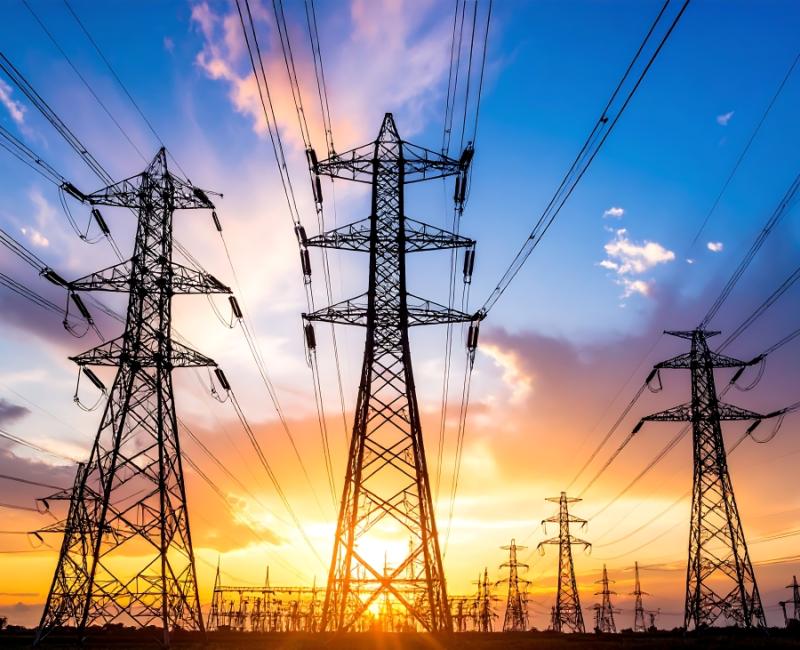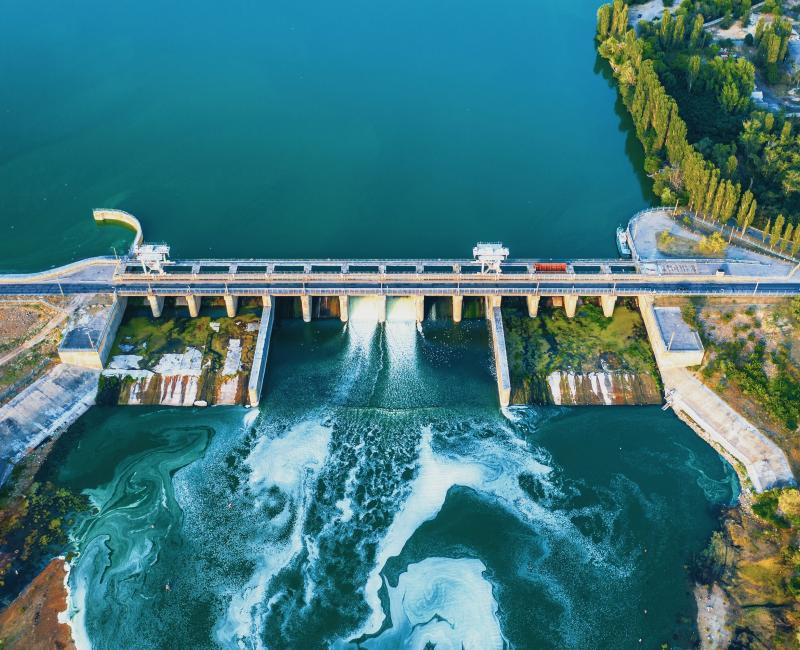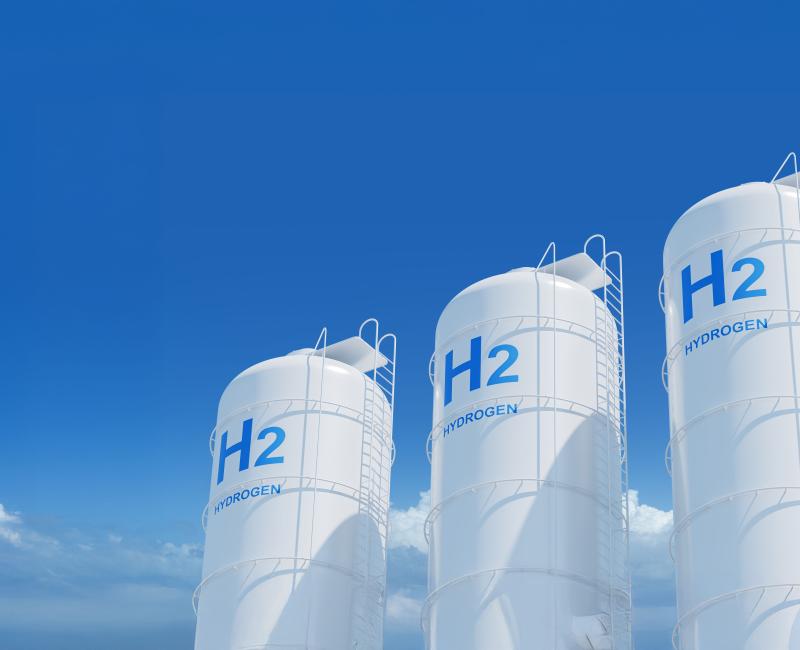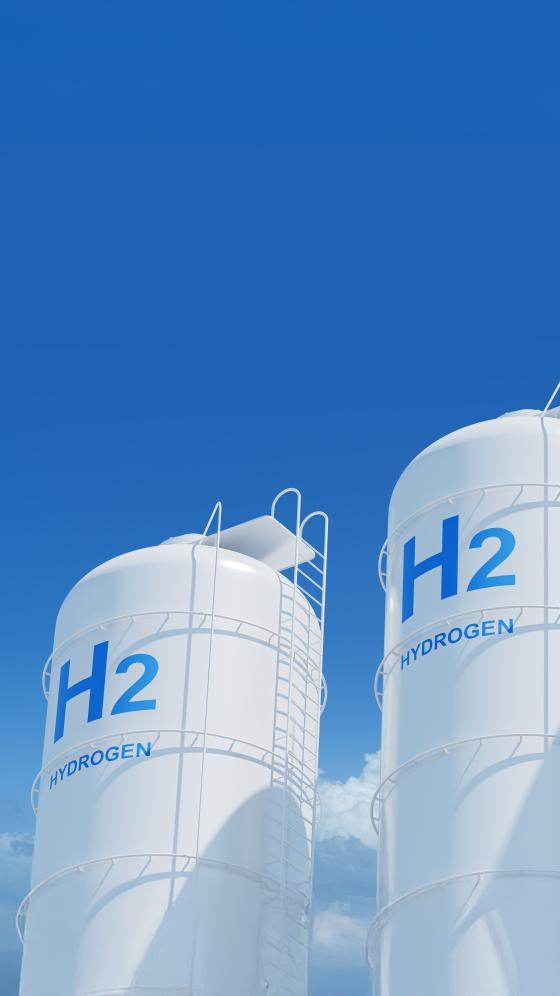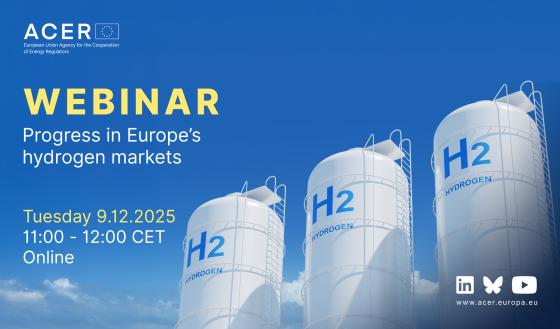Member States have transposed the Renewable Energy Directive.
ACER amends the methodology for procuring electricity balancing capacity
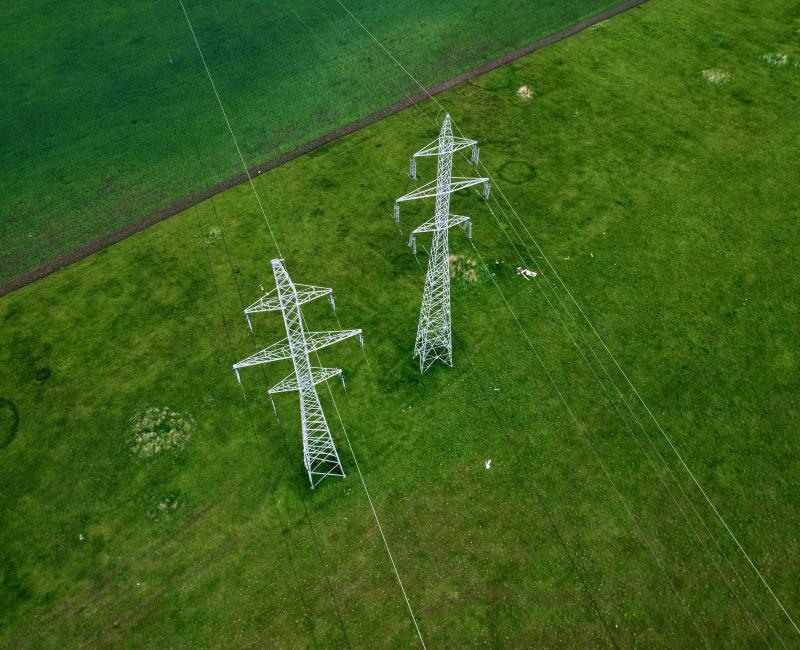
ACER amends the methodology for procuring electricity balancing capacity
What is it about?
In September 2025, ACER received a proposal from the European Network of Transmission System Operators for Electricity (ENTSO-E) to amend the methodology for the regional procurement of balancing capacity. After reviewing the proposal and exchanging with stakeholders, ACER has decided to amend the methodology.
What’s new in the amended methodology?
The methodology for the regional procurement of balancing capacity (first approved by ACER in 2023) enables regional coordination centres (RCCs) to assess how voluntary balancing bids can be utilised effectively across borders. Following this evaluation, RCCs provide transmission system operators (TSOs) with recommendations to reduce the volume of procured balancing capacity, hence utilising the flexibility of the EU electricity system and lowering costs.
The amended methodology:
- Updates the reliability parameters used by RCCs to assess the availability of voluntary balancing bids and cross-zonal capacity. This change will foster a more transparent and coordinated process and improve the balancing of the EU power system.
- Allows RCCs and TSOs to decide on the geographical area where their assessment on the use of voluntary balancing bids will be performed. This will better align the process with the local context and allow for a more effective and coherent practice across Europe.
What are the next steps?
RCCs are tasked to assess and provide recommendations on how the use of voluntary balancing bids can be optimised by 19 January 2026.
Interested in learning more about the role of RCCs? Access the latest report on the monitoring of regional coordination centres, published today.
